Dn. 7:9-10, 13-14; Ps 97:1-2, 5-6, 9; 2 Pt. 1:16-19; Mt. 17:1-9
The Feast of the Transfiguration of the Lord is a reminder of the “prophetic message” of what waits for those who trust in the Lord. The gospel truth that Peter, James, and John witnessed was the window into the prophesy of life after death. It is a confirmation of the word from God as Jesus says “He is not the God of the dead but of the living.” When someone we know dies, we pray for the dead, we offer Masses, and we can even pray to them to ask for their intercession for us all because we believe they remain alive waiting for the Lord’s final return when our souls will be reunited to our body.
In the transfiguration of the Lord Jesus, Moses and Elijah appeared beside him meaning they were recognizable, alive and conversing with Jesus. At the same time something was different in Jesus with his face shining like the sun and his clothes as white as light. The transfiguration of the Lord is a sign of holiness we are all called seek in order to see the face of God and live. Sin cannot exist before the presence of the Lord. The Lord hidden within the cloud proclaims “This is my beloved Son, with whom I am well pleased.” The Lord is pleased with Jesus fulfilling the divine purpose for his coming into the world. The Lord is pleased with us when we follow his commands fulfilling our calling for the greater good.
In the prophetic vision of Daniel, the “Ancient One” who is God the Father is with “One like the Son of man” who is Jesus receiving “dominion, glory, and kingship”. They however are not alone because of the “thousands and myriads” ministering and attending to him. Who are these who minister and attend to the Lord? We know the choir of angels are before the Lord but we also believe in the resurrection of the dead who responded to the call to holiness and are in communion with God as saints in heaven. Heaven is waiting but not all have accepted the call.
Some believe there is no life after death. They believe without the brain the human person ceases to exist. It is a false materialistic view of what it means to be a person. Modern science keeps making progress in identifying aspects of the brain associated with cognition and emotion which if damaged ceases to sustain the identity of a person. In the extreme circumstances It has been called “brain dead” even as the rest of the body remains able to sustain life.
The theory is that the “self” requires a body to exist. Science however falls short of being able to capture the nature of self-awareness, the essence of having “experience” and the process of reasoning to produce creativity. The soul is the essence of life united to the body as a visible image through which it manifests itself. The body decays and dies but the soul remains alive.
Some try to resolve the conflict of life after death by claiming life eternal is process of “reincarnation” into another human person living in this earth as a soul that gained a new body. The problem is that this would then be another person and not the same person. This is not what the disciple saw in the transfiguration when they witnessed Moses and Elijah next to Jesus. What this group tries to create and explain away is that there can be no after life outside of this world. To this we say, did not Jesus appear to the twelve disciples and then to many in his resurrection? He was not only recognizable but also came in body to be touched and to join in a meal and yet something was different. For one his body was not limited by matter as he passed through the door to enter the house where the disciples were gathered. This was not a vision but the real presence of Jesus with his disciples.
The Catholic Christian view is in the resurrected body to come and in the life of the person continuing at the moment of mortal death. Many try to make an argument that it is unknown when personhood begins after conception, thus the defense for abortion is that “it” is not a person with equal rights. This argument of lack of personhood is even pushed beyond the moment of birth. It feeds off the belief that it takes a material body at some stage of development to be a person. The Catholic view is that life begins at conception with a God given soul, a created identity of a person and one that remains alive after mortal death of the body. The soul does not depend on the body but the body does require a soul to be a person.
The soul has a God given identity with the capacity for self-awareness, a free will to make conscious and moral decisions even in sacrifice of self. Artificial intelligence is ultimately a programming process of information creating a product that is produced through a linkage of data points with known probabilities of the expected outcome yet no self-awareness, no conscience of right or wrong, and no moral capacity to experience what love is. The soul is created in the image of God that sets us free to be aware of a God outside of ourselves, beyond the world as we know it, with the capacity to love and share our experience because we were created in his image.
The Transfiguration of the Lord is our hope and our window to the afterlife. Let us believe and prepare for this glorious day.
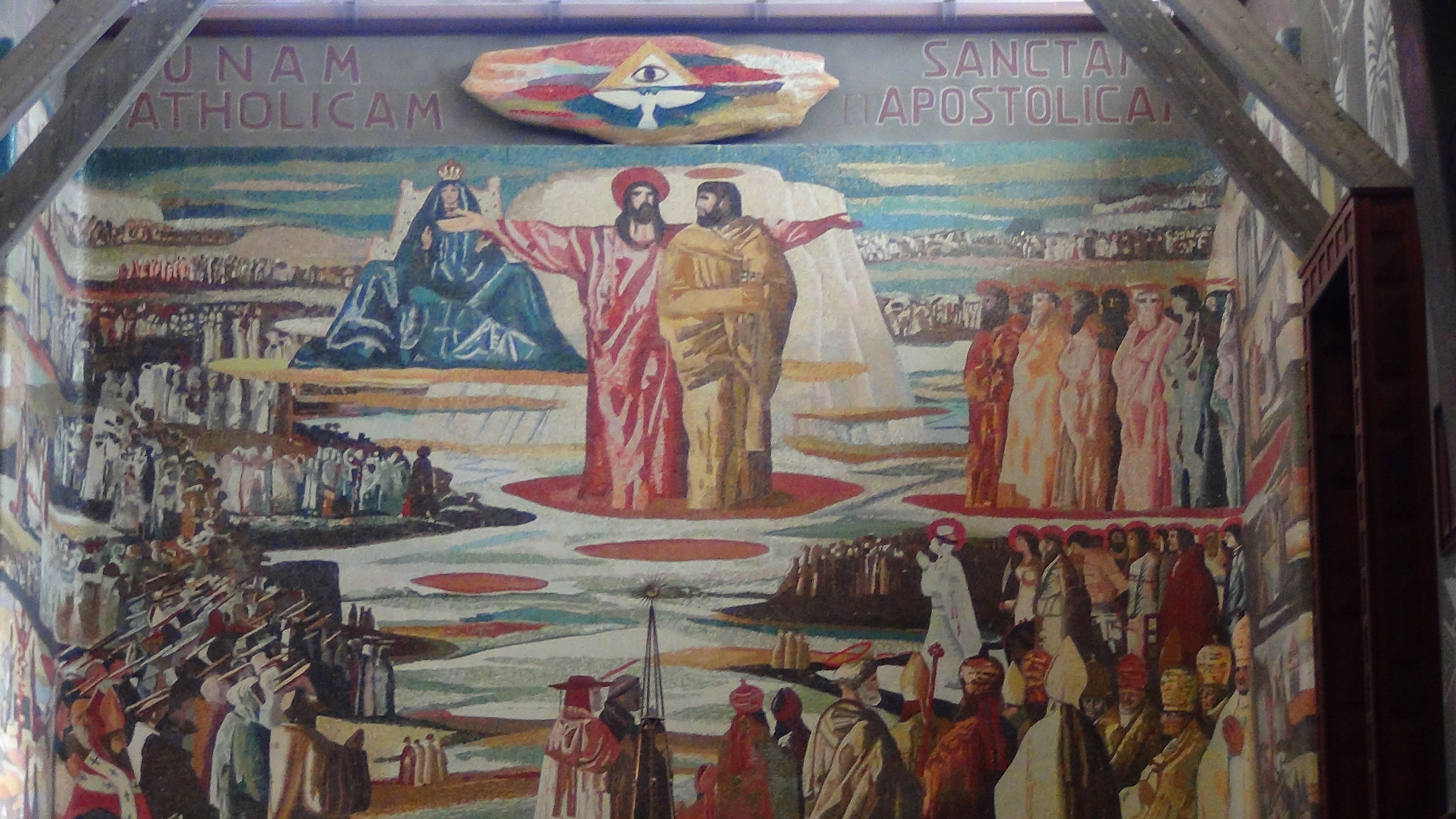


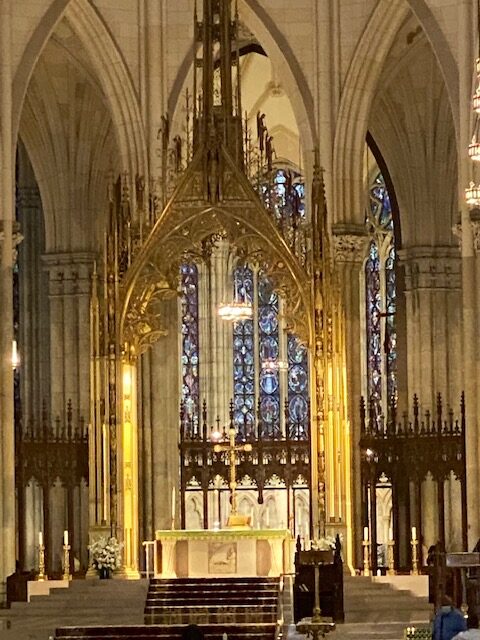

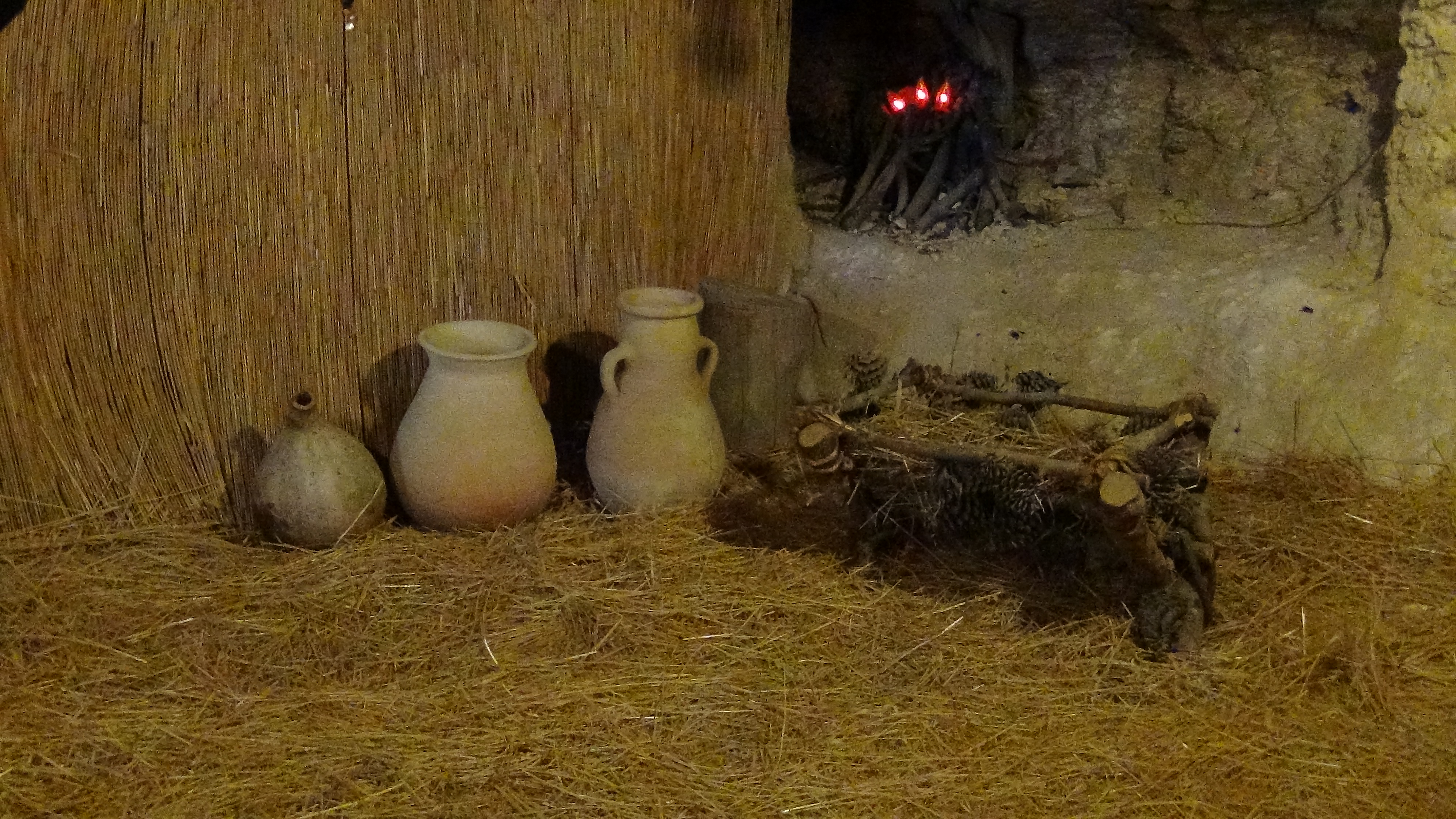

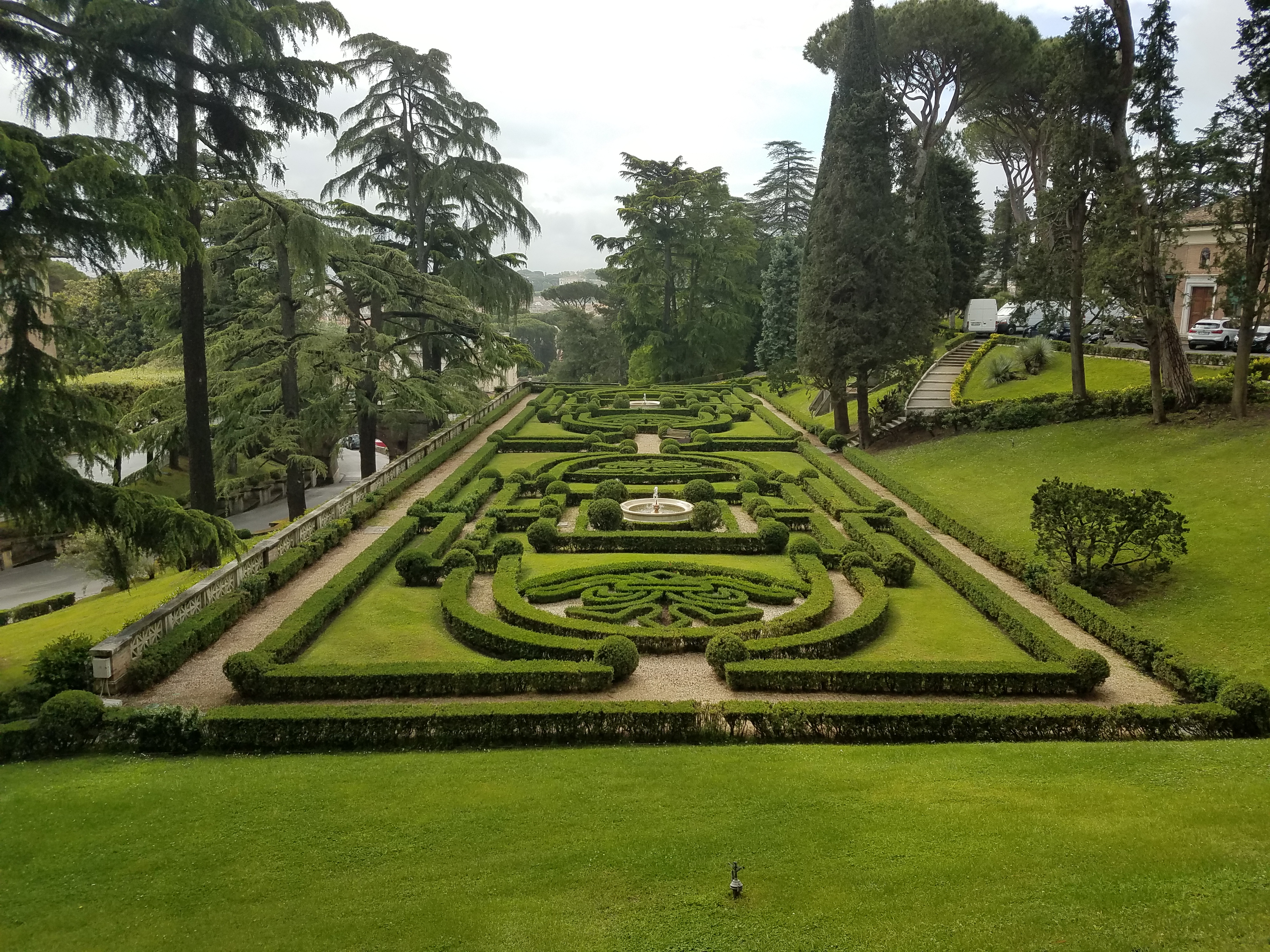

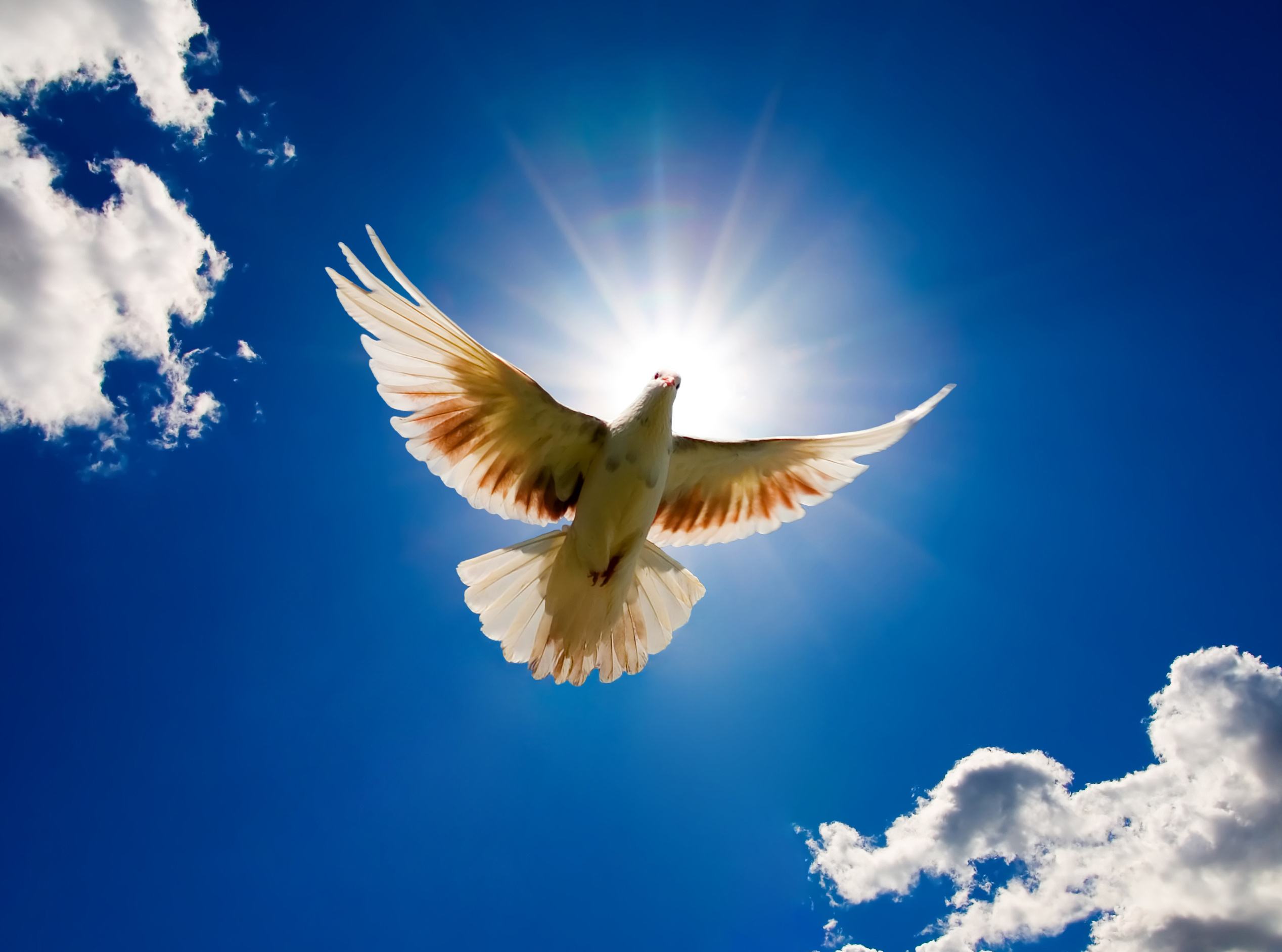

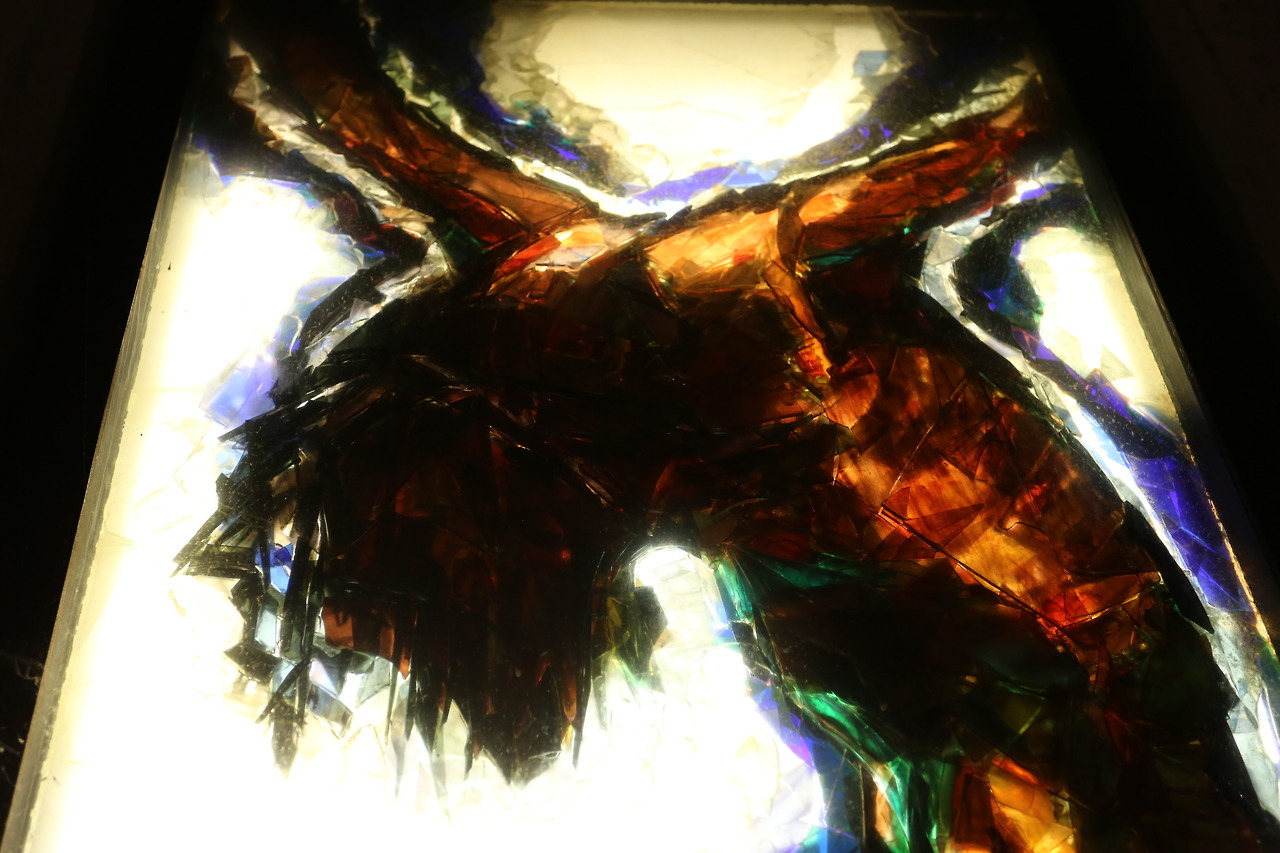

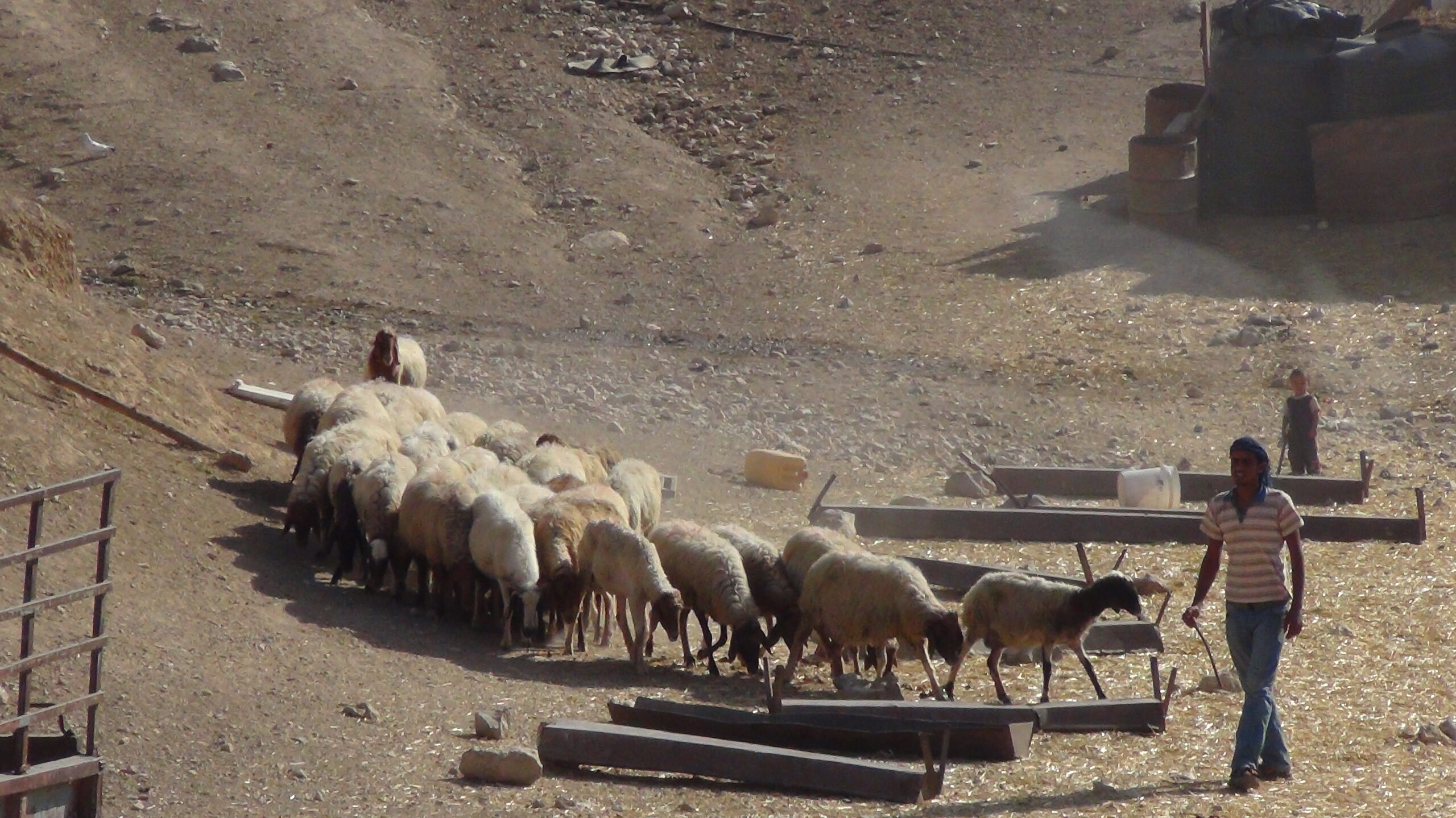

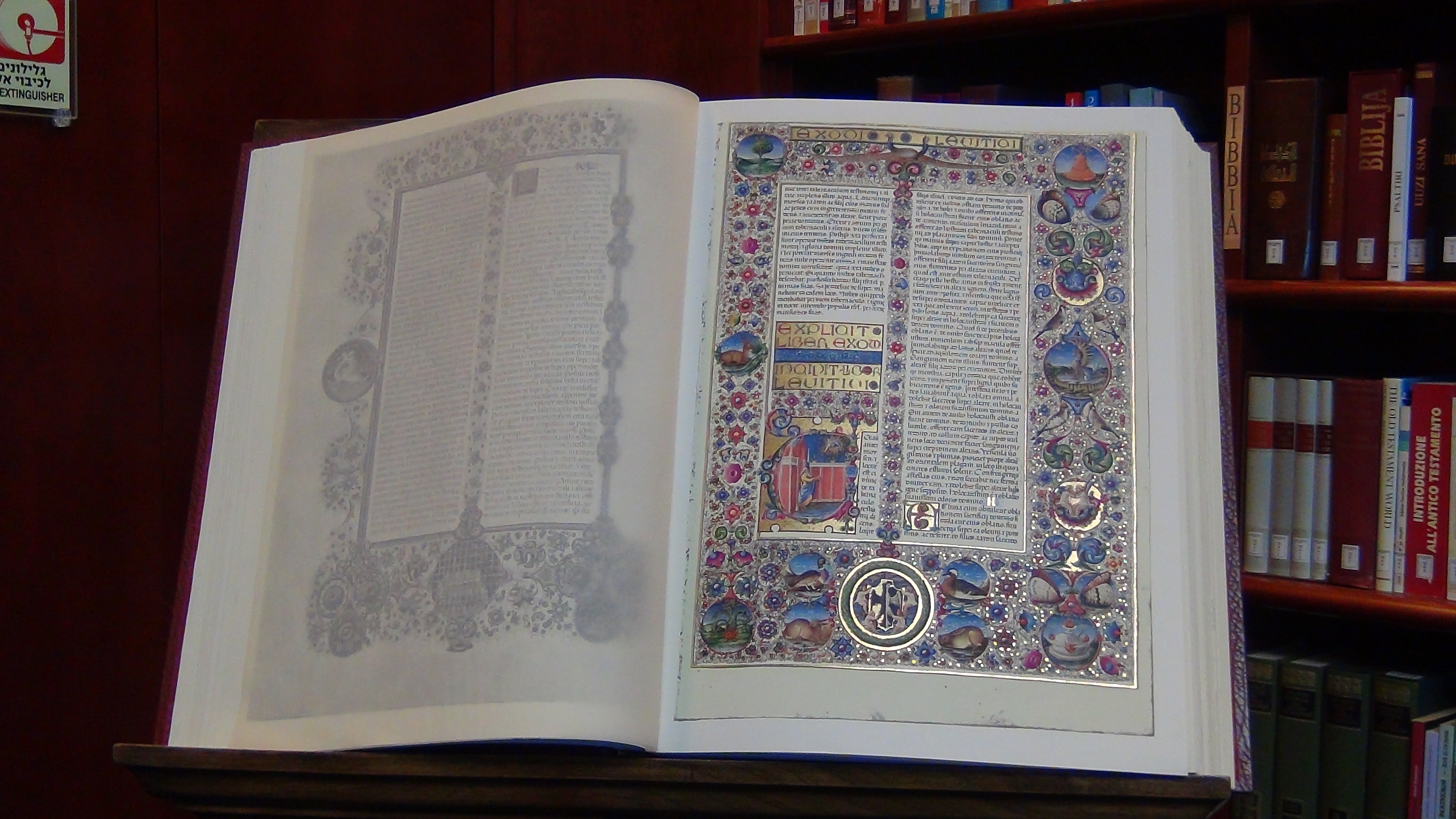

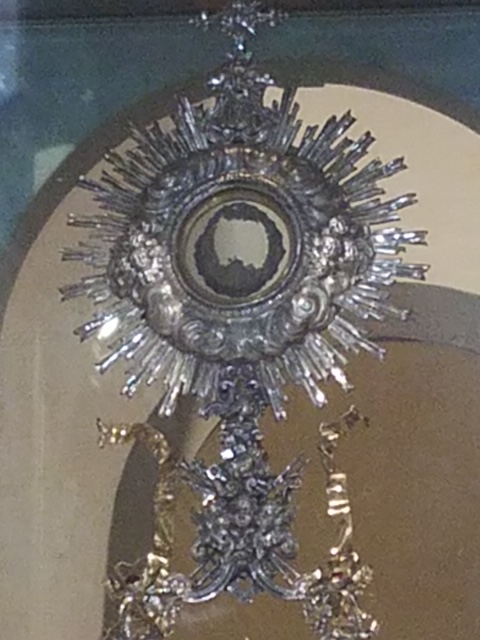

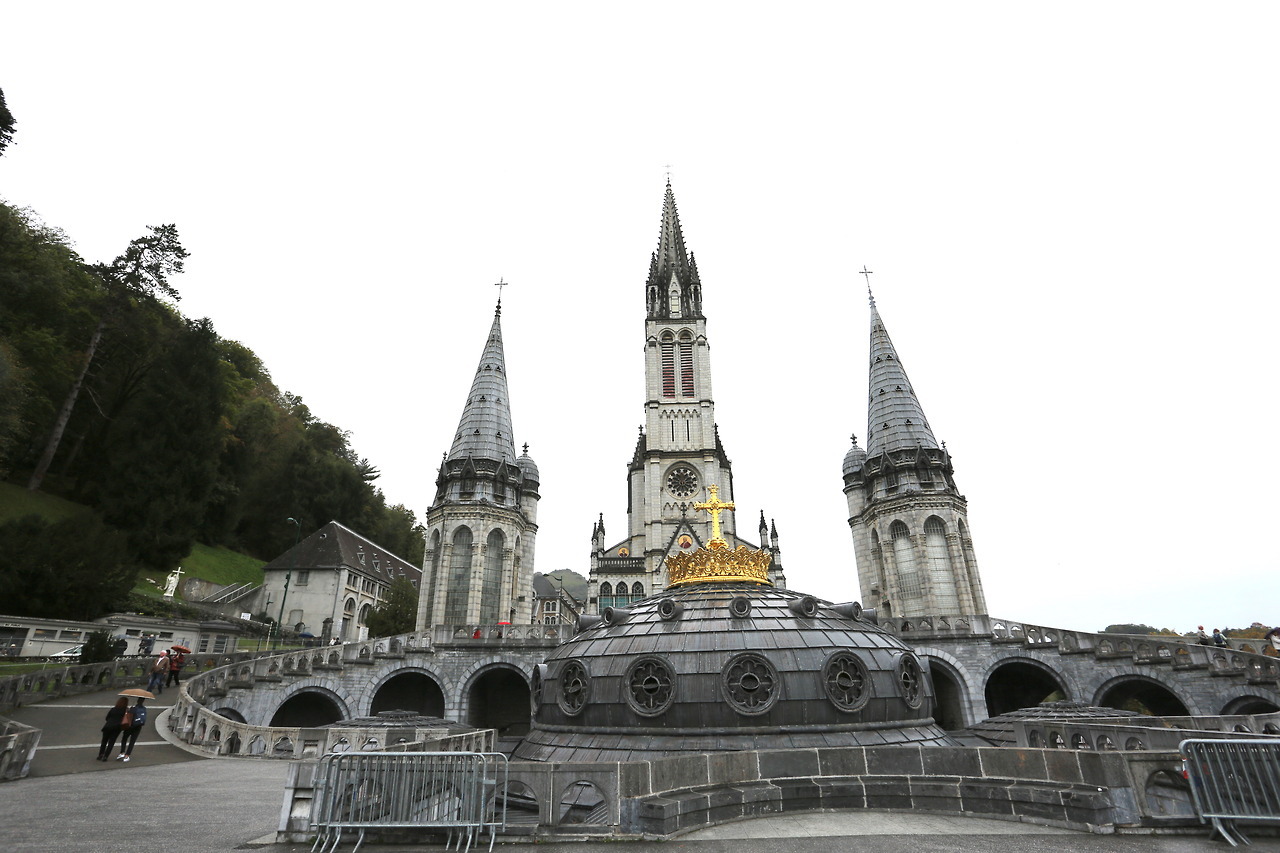

Recent Comments